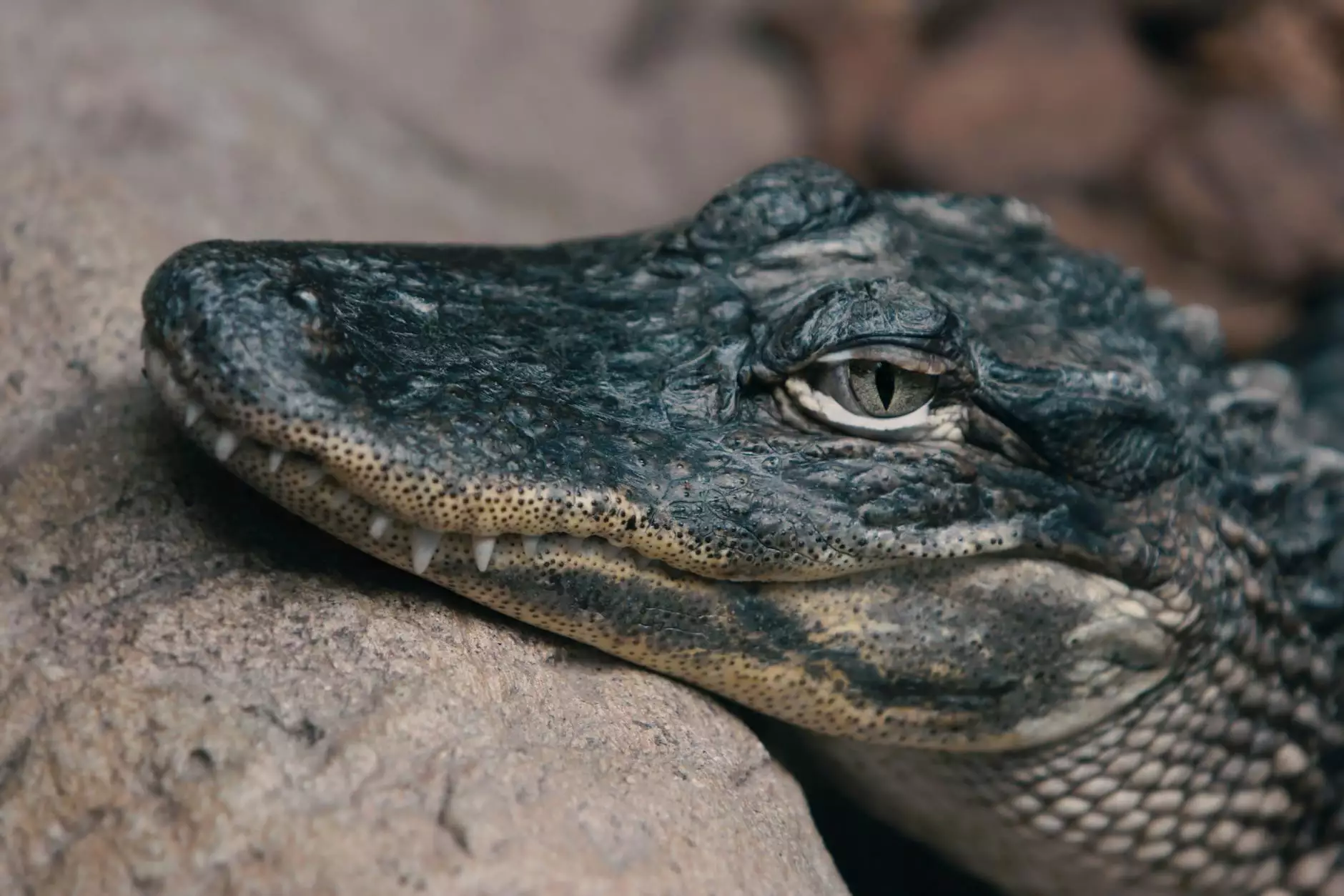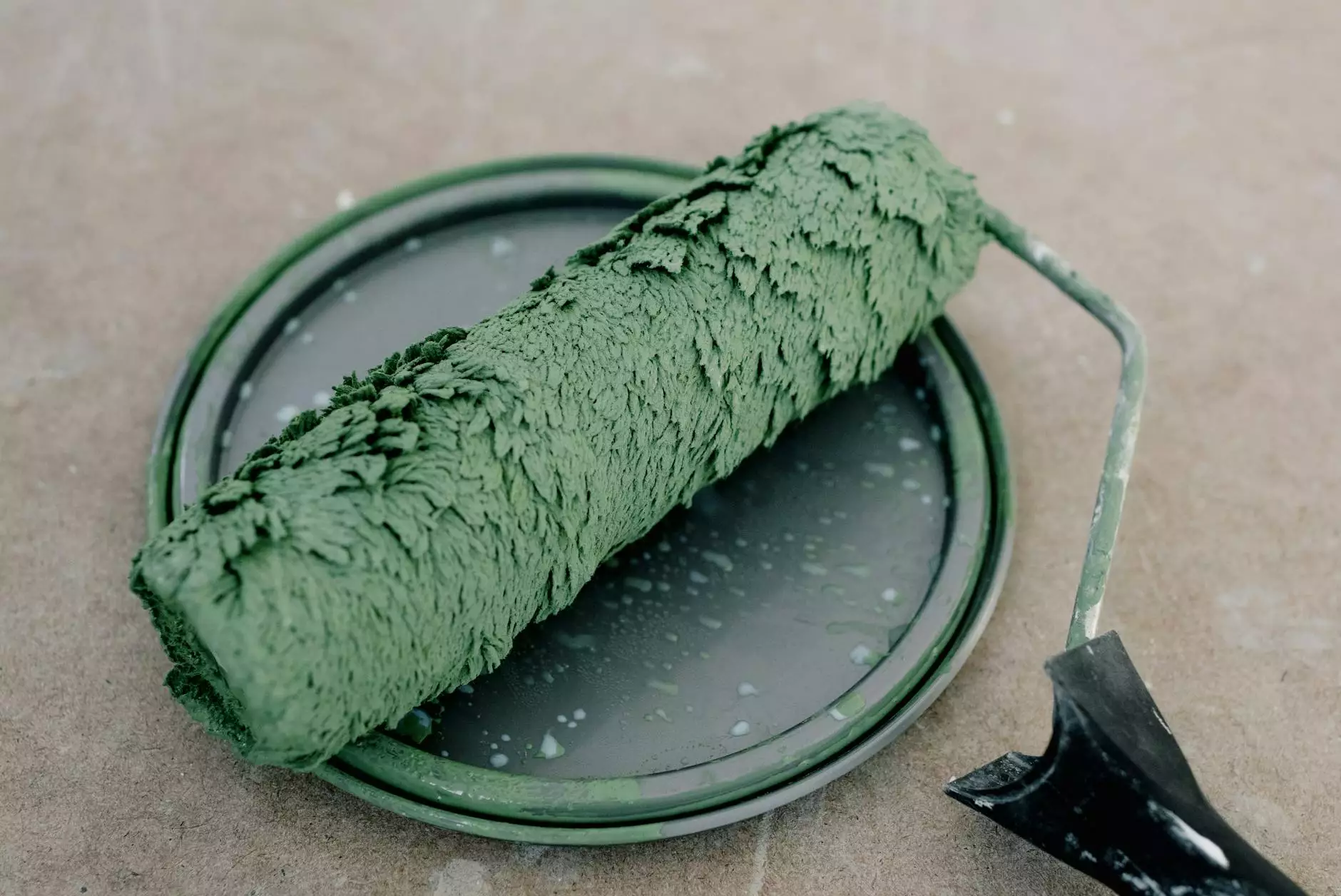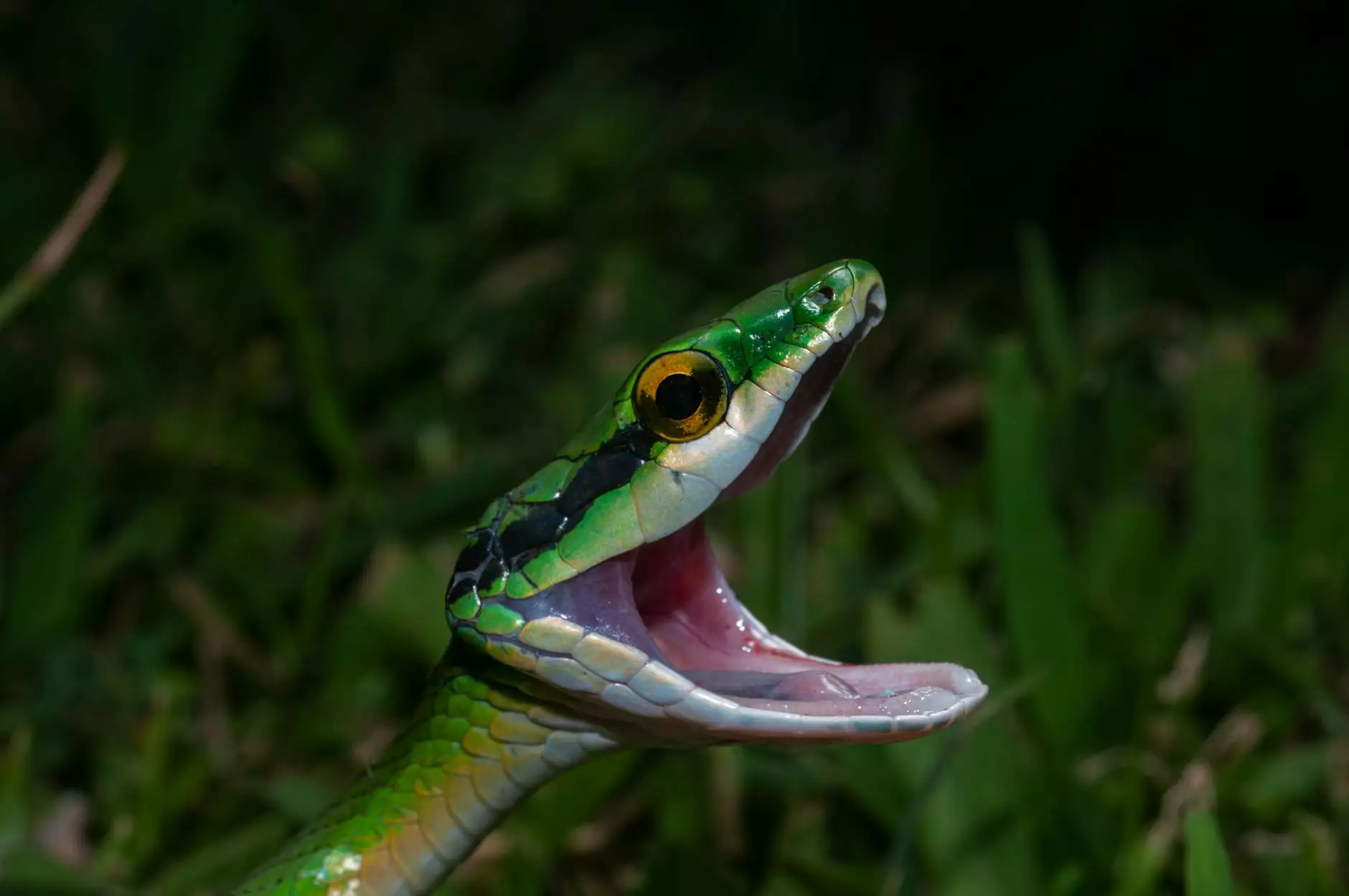Lizards as Pets: A Comprehensive Guide for Enthusiasts

Welcome to the fascinating realm of lizards pet ownership! Lizards are not only mesmerizing to observe, but they also make incredibly unique companions for pet enthusiasts. In this comprehensive guide, we will delve deep into what makes these reptiles extraordinary pets, discuss their care requirements, and provide insights on selecting the right lizard for your lifestyle. Whether you're a seasoned reptile keeper or a curious newcomer, this article aims to equip you with the necessary knowledge to thrive in the world of lizard ownership.
Understanding Lizards as Pets
Lizards have captivated humans for centuries with their diverse appearances, behaviors, and adaptations. As a group, they belong to the order Squamata, encompassing various families with varying characteristics. Here are some intriguing facts about lizards:
- Diversity: There are over 6,000 species of lizards worldwide, ranging from the tiny leopard gecko to the large iguana.
- Longevity: Many lizard species can live for over a decade, with some exceeding 20 years in captivity.
- Behavior: Lizards display a wide array of behaviors, such as basking, burrowing, and unique mating rituals.
Popular Species of Lizards for Pets
When considering a lizards pet, it is essential to choose a species that best fits your lifestyle and experience level. Below are some popular lizard species kept as pets:
1. Bearded Dragon (Pogona vitticeps)
The bearded dragon is one of the most popular pet lizards due to its friendly demeanor and manageable size. They are relatively easy to care for, requiring a spacious enclosure with proper lighting and a diet that includes insects and vegetables. Bearded dragons often display affectionate behaviors, making them great companions.
2. Leopard Gecko (Eublepharis macularius)
Leopard geckos are known for their vibrant colors and docile nature. They are nocturnal and require a habitat that mimics their natural desert environment. Leopard geckos thrive on a diet of live insects, and their unique traits make them a favorite among reptile enthusiasts.
3. Crested Gecko (Correlophus ciliatus)
Originally from New Caledonia, the crested gecko is a popular choice due to its striking appearance and ease of care. They are arboreal and thrive in tall enclosures with plenty of vertical space. Crested geckos have a varied diet, including fruit-based diets and insects, and they are known for their calm behavior.
4. Blue-Tongue Skink (Tiliqua scincoides)
The blue-tongue skink is another fascinating lizard that can be a rewarding pet. Their friendly disposition and unique blue tongue make them stand out. Blue-tongue skinks require a more extensive habitat with opportunities for burrowing, and they primarily eat a carnivorous diet complemented by fruits and vegetables.
Choosing the Right Lizard for You
When considering which lizard to bring into your home, several factors should influence your decision:
- Experience Level: Some lizards are better suited for beginners, while others require advanced care and handling skills.
- Space Requirements: Ensure you have adequate space to house the lizard comfortably; larger species will need more extensive enclosures.
- Dietary Needs: Research the dietary requirements of the species you are interested in to ensure you can provide the proper nutrition.
- Temperament: Consider if you want an active pet or a more docile companion based on your lifestyle and preferences.
Caring for Your Lizard Pet
Providing proper care for your lizards pet is crucial for their health and longevity. Here are essential care guidelines:
1. Habitat Setup
Creating a suitable habitat is vital for your lizard's well-being. Common elements include:
- Enclosure: Choose the appropriate size and type of enclosure based on your lizard's species.
- Heating: Lizards are ectothermic, meaning they rely on external heat sources. Use heat mats and bulbs to maintain a proper temperature gradient.
- Lighting: UVB lighting is crucial for many lizard species for metabolism and calcium absorption.
- Substrate: Select a substrate that meets the needs of your lizard; options include sand, reptile carpet, or coconut fiber.
2. Diet and Nutrition
Feeding your lizard a balanced diet is essential. Most lizard species are insectivorous, herbivorous, or omnivorous. Here are some recommendations:
- Insects: Crickets, mealworms, and roaches are common food sources for insectivorous lizards.
- Vegetables: Leafy greens, squash, and bell peppers are suitable for herbivorous lizards.
- Calcium Supplements: Dust food with calcium and vitamin D3 powder to prevent deficiencies.
3. Regular Vet Visits
Just like any pet, lizards also require regular veterinary care. Annual check-ups and consultations will help ensure your lizard stays healthy and free from diseases.
Breeding Lizards: An Insight for Enthusiasts
If you're interested in expanding your hobby, breeding lizards can be a fulfilling undertaking. Here are the key points to consider:
1. Researching Breeding Habits
Before attempting to breed your lizards, it's crucial to understand the specific breeding habits and requirements of the species. This includes:
- Mating Rituals: Some species have elaborate courtship behaviors.
- Gestation and Egg Laying: Different species have varying incubation periods and environmental conditions needed for successful hatching.
2. Setting Up a Breeding Habitat
Creating a comfortable breeding environment involves:
- Privacy: Providing hiding spots and nesting areas to reduce stress during breeding.
- Temperature Control: Maintaining optimal temperatures for breeding and egg incubation.
Conclusion: The Joy of Owning a Lizard Pet
In conclusion, choosing a lizard as a pet can be one of the most rewarding experiences for animal lovers. With proper care, a lizards pet can provide companionship and joy for many years. Whether you are drawn to their unique behaviors, stunning colors, or simply the challenge of caring for an exotic animal, lizards can fit into a variety of lifestyles. As you embark on your journey of lizard ownership, remember that education and commitment are key to ensuring a happy and healthy life for your new pet.
For more information on lizard breeding, care, and available species, visit EU Exotic Reptiles and explore the diverse world of exotic pet ownership.









